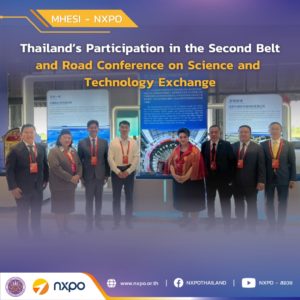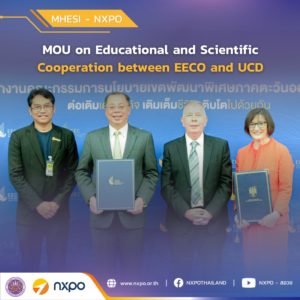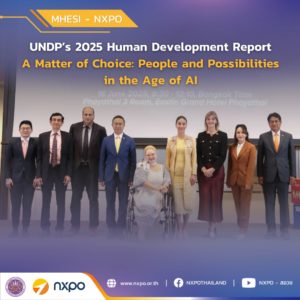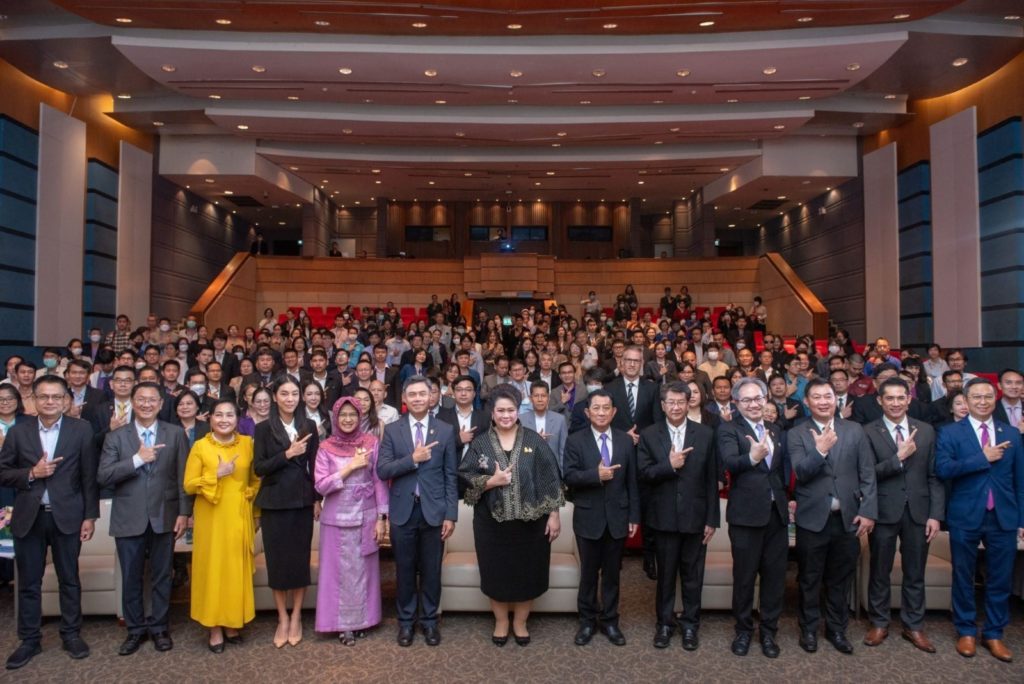
The Ministry of Higher Education, Science, Research and Innovation (MHESI) recently unveiled initiatives to bolster the electric vehicle (EV) industry during a press conference held on 16 February 2024 at Thailand Science Park Convention Center in Pathum Thani. MHESI Minister Ms. Supamas Isarabhakdi, who also serves on the National Electric Vehicle Policy Committee (EV Board), outlined these initiatives aimed at advancing the government’s “30@30” policy which sets the target for zero emission vehicles (ZEVs) to reach 30% of the country’s total auto production by 2030, positioning Thailand among the world’s top 10 countries producing ZEVs. The “30@30” policy, which will see the annual production of electric cars and electric motorcycles in Thailand at 725,000 and 675,000 units, respectively, will launch a new industry while reducing carbon emissions for Thailand, contributing to the country’s self-reliance and sustainable future.

MHESI’s initiatives include establishing the EV flagship programs within the Science, Research and Innovation Fund, and implementing three core programs: EV-HRD, EV-Transformation, and EV-Innovation. EV-HRD focuses on skill development to support the EV industry, while EV-Transformation aims to promote EV adoption across all MHESI agencies. EV-Innovation is dedicated to research and development in EV technology to enhance the competitiveness of the Thai EV industry. NXPO, the National Science and Technology Development Agency (NSTDA), and the Thailand Science Research and Innovation (TSRI) are named as the lead agencies for these initiatives. They are expected to work in close collaboration with other MHESI agencies such as the Program Management Unit for Competitiveness (PMUC) and the National Innovation Agency (NIA).

NXPO Vice President Dr. Surachai Sathitkunarat remarked that NXPO is expected to play a key role in the EV-HRD through its upskilling, reskilling, and new-skilling program implementing in partnership with organizations within and outside MHESI. The program aims to upskill 150,000 workers over five years and supply the labor market with 5,000 new workers annually. These targets will be achieved through various measures, including the establishment of training centers, the introduction of university courses designed in collaboration with the industry and incentives offered to enterprises to facilitate the EV transition and employee development.
Minister Supamas emphasized that these new initiatives represent a concerted effort by organizations under MHESI to address the emerging EV industry, contributing to the “30@30” policy and the vision to position Thailand as the EV hub of the Asia-Pacific region. Apart from enhancing the competitiveness of this vital industry, the initiatives also address PM2.5 pollution which increasingly impacts public health and the environment, posing significant threat to the economy, society, and environment.
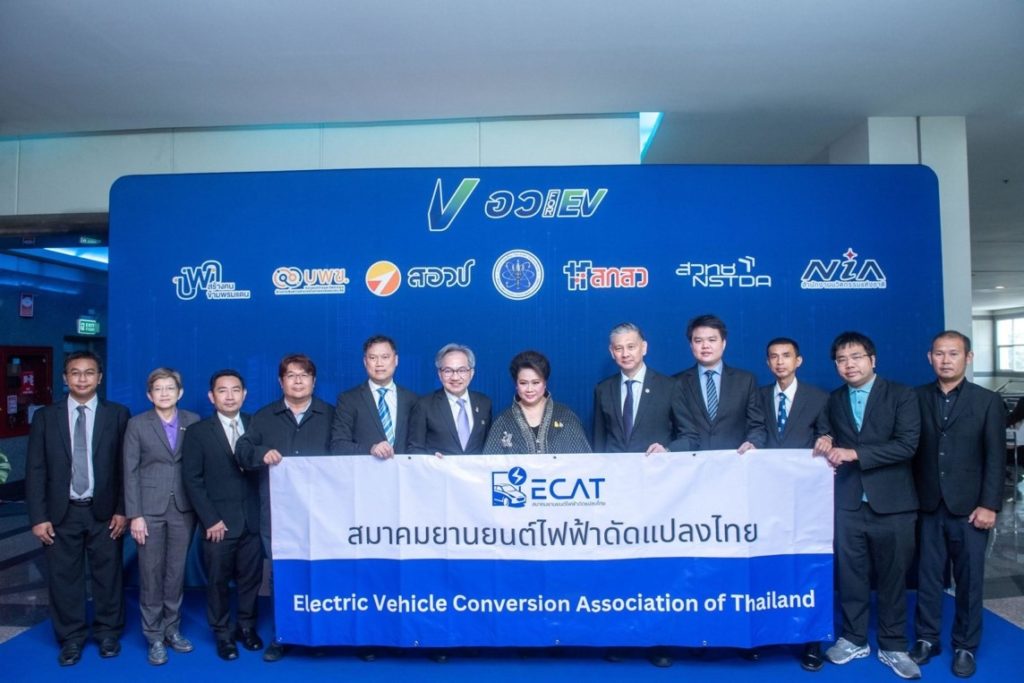
The press conference also marked the official launch of the Electric Vehicle Conversion Association of Thailand (ECAT). Established in 2023 by a group of engineers, technologists, and scholars, ECAT now has 19 members representing organizations in the public, private and academic sectors. The association aims to support and promote Thailand’s EV conversion industry, through initiatives supporting human resource development, standardization, knowledge exchange, domestic and international collaboration.
Photo credit: PMUC and NSTDA










